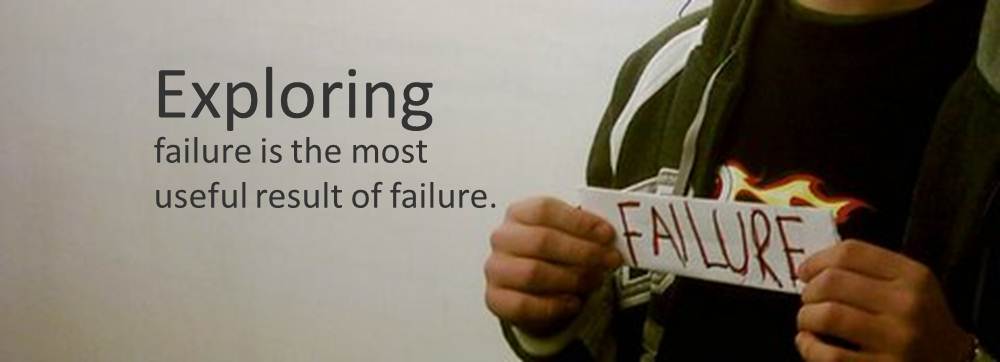Online learning is rapidly gaining
prominence among students, teachers and employers across the globe.
Online education enables students to learn in a
flexible, affordable and convenient way, which traditional education
is unable to provide. But virtual learning is still considered second
rate across the
UK. However, it is now time for us to change our thinking and
attitude towards online education.
 |
| bit.ly/1nNaJXD |
Better learning opportunities
As the opportunities for development
increase and the student cap is lifted, online learning provides a
means for universities across the UK to compete
globally without striving to meet capacity. The scenario is somewhat
different in the United States as online degree programmes have found a
firm ground
there. In the US, it is not considered as a poor quality alternative
to college education. If the UK plans to make the most of the
development
opportunities, we need learn from the experience of the US and start
appreciating online education more.
Nancy Coleman,
vice-president of academic services at PlattForm and former director of
distance education at Boston University, recently wrote in an
article “The lifting of the student cap is one driver, but what
will matter long-term is taking a decent share of the ballooning numbers
of students
globally looking for a world-class degree. The OECD estimates the
numbers of people with degrees will grow from around 129 million to 204
million by 2020.
It’s also one answer to the problem of declining numbers of
part-time students and creating the right kind of higher study offer for
people in work. ”
Growing number of online learners
According to a recent study from the Babson Survey Research Group,
around 7.1 million students in higher education across the US are
currently pursuing at
least one course online included as part of their academic degree
programme. But there seems to be some disagreement with the statistics
as the initial
study by the US education department on online study found that
there are a around 5.5 million online learners in the US. Experts
predict that the number
of online learners will rise further with over half of all US
students pursuing at least on online course by the year 2018.
However,
what is more important than the statistics is the hidden sentiment. By
surveying academic leaders and experts, the researchers at Babson
discovered that the number of students who believe online learning
offers equal or even better learning outcomes than traditional education
had increased
to more than 74 per cent. Coleman added “Online degrees are no
longer the preserve of the for-profit online operators, and
three-quarters of all US
universities and colleges now offer online degree options. The
recent move from Stanford to turn MOOC (massive open online courses)
offerings into paid-for
courses is another indication of how online tuition is moving into
the mainstream.”
Reassessing how we teach
Across the United States of America,
institutes have been striving to offer a cutting-edge digital
experience to learners by observing social networking
trends and utilising gaming technologies & remote working to
encourage continuous interaction and engagement while studying.
Nancy Coleman concluded by writing “Again,
the UK needs role models. Academics in the US have needed to rethink
how they teach their subject and recreate
content. Most find the experience a useful exercise, getting back to
the root of how their students really learn, how to challenge them and
get them
working both independently and as a collaborative network.”
What are your thoughts on this? Feel free to share your opinions with us by commenting here.
Article Source: bit.ly/1oTELsL































